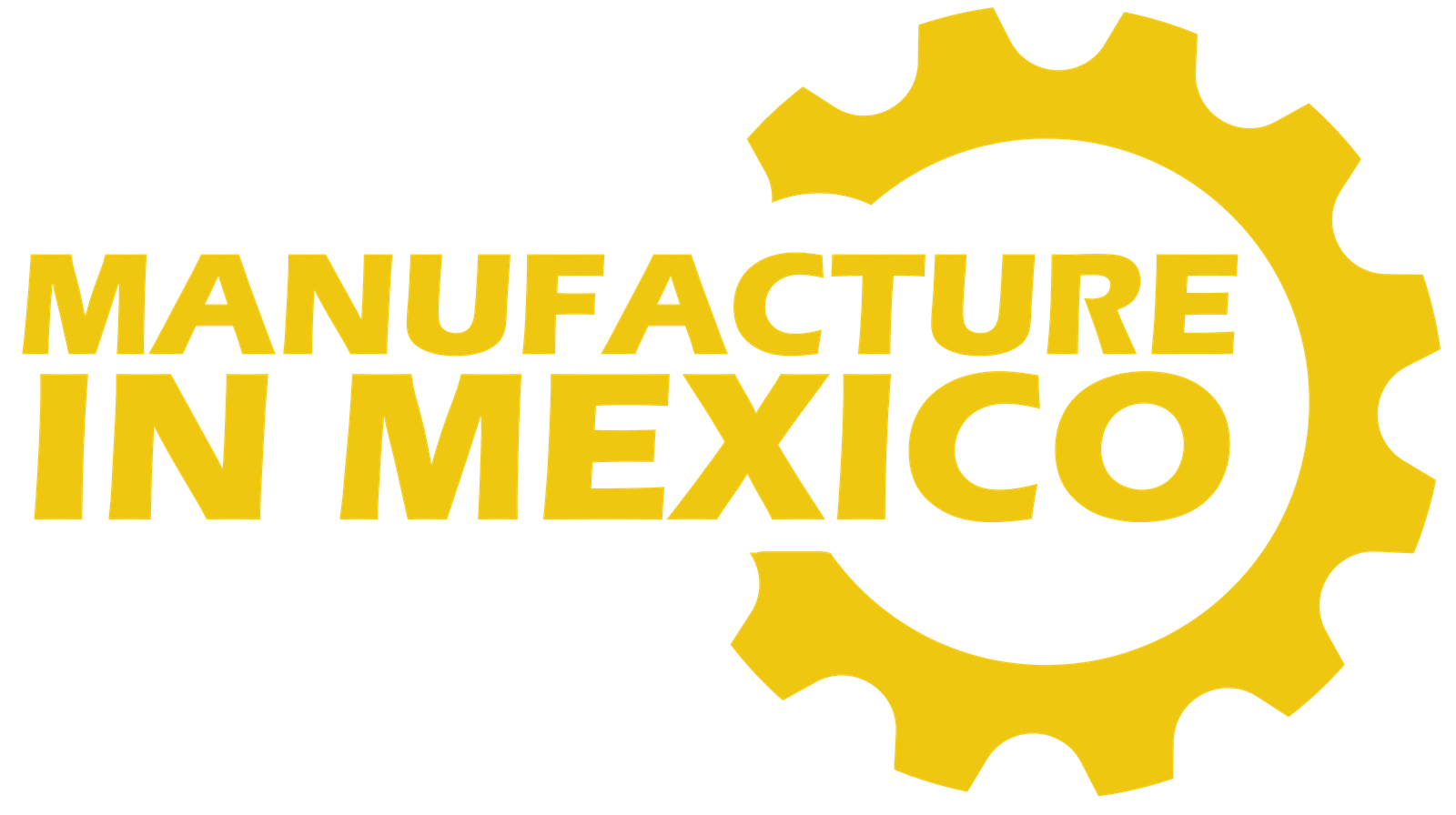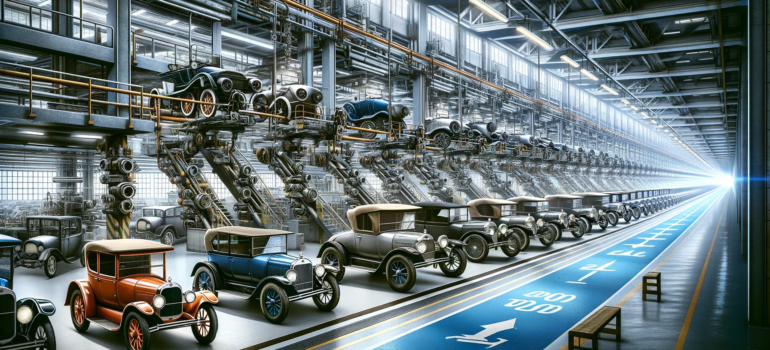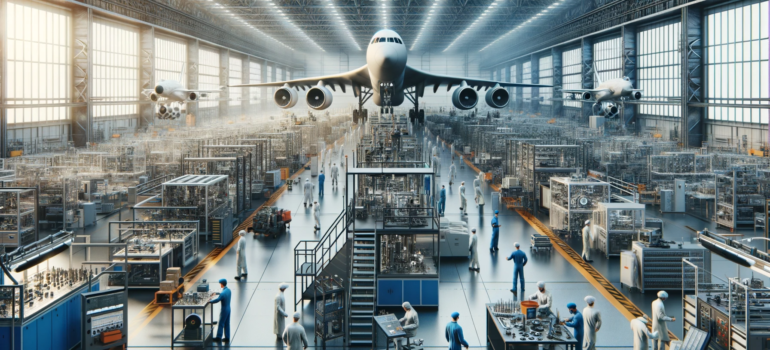The Automotive Industry in Mexico: A Century of Growth and Innovation
Over the last century, the automotive industry in Mexico has evolved from a nascent market into a global powerhouse of growth and innovation. This remarkable journey has not only reshaped Mexico’s economic landscape but has also positioned the country as a crucial player in the global automotive arena. In this extensive analysis, we will trace the historical development of Mexico’s automotive industry, exploring the factors that have fueled its growth and the innovative strides it has made over the years.
The Historical Evolution of Mexico’s Automotive Industry
The story of Mexico’s automotive industry began in the early 20th century, initially as an assembly hub for foreign manufacturers. Over the decades, Mexico established itself as a key player in automotive manufacturing, driven by favorable government policies, strategic geographic location, and an increasingly skilled workforce. Key milestones include the establishment of domestic manufacturing plants by major international automakers and the gradual shift from assembly operations to complete manufacturing and design processes.
In the mid-20th century, the industry saw a significant boost with the implementation of the Border Industrialization Program, which attracted foreign investment and transformed regions like Ciudad Juárez into automotive manufacturing hubs. This period marked the beginning of Mexico’s journey towards becoming one of the world’s top automotive exporters.
Growth Factors and Industry Dynamics
Several factors have contributed to the sustained growth of Mexico’s automotive industry. The country’s membership in various free trade agreements, including NAFTA (now USMCA), has been pivotal in facilitating export-led growth. Mexico’s proximity to the United States, the largest market for automobiles, has also played a critical role in the industry’s expansion.
Another key factor has been the availability of a cost-effective yet highly skilled labor force. Mexico has invested heavily in technical education and training programs, resulting in a workforce adept in automotive manufacturing and engineering. Additionally, Mexico’s commitment to innovation and adoption of advanced manufacturing technologies, such as automation and robotics, has kept its automotive industry competitive on the global stage.
Current Trends and Future Outlook
Today, Mexico’s automotive industry is characterized by its robust supply chain, diverse manufacturing capabilities, and strong focus on sustainability and electric vehicles (EVs). The country is home to some of the most advanced automotive manufacturing plants, producing everything from economy cars to luxury vehicles.
Looking ahead, Mexico is poised to play a significant role in the future of the automotive industry, particularly in the areas of EVs and sustainable manufacturing practices. Continued investment in research and development, coupled with strategic partnerships with global automakers, will be key to maintaining Mexico’s position as a leader in automotive innovation.
A century of growth and innovation has firmly established Mexico’s automotive industry as a cornerstone of its economy and a vital part of the global automotive landscape. As the industry continues to evolve, embracing new technologies and trends, Mexico’s role in shaping the future of automotive manufacturing remains as significant as ever.






